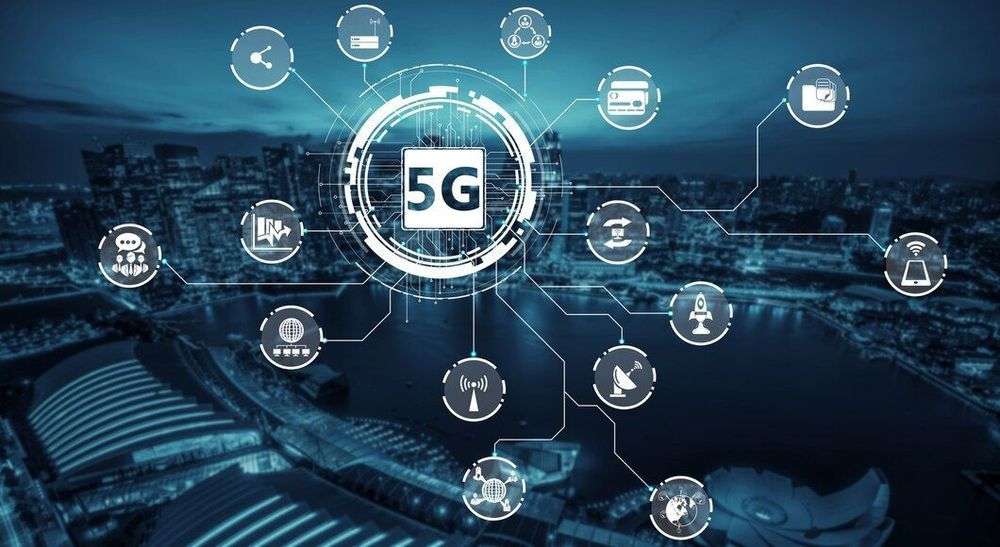The dawn of 5G technology is reshaping how the world stays connected, bringing unparalleled speed, efficiency, and possibilities to individuals and businesses alike. As the fifth generation of wireless technology, 5G represents a quantum leap from its predecessor, 4G, delivering not only faster internet but also a transformative experience across industries. Let’s explore how 5G is revolutionizing connectivity and shaping a new era of digital innovation worldwide.
What is 5G and Why is It Important?
5G stands for the fifth-generation mobile network. Unlike earlier generations, which focused mainly on improving speed, 5G introduces features like ultra-low latency, higher bandwidth, and the ability to connect more devices simultaneously. With speeds up to 100 times faster than 4G and latency reduced to mere milliseconds, 5G enables seamless connectivity, supporting everything from streaming ultra-high-definition videos to powering critical applications like remote surgeries.
The importance of 5G extends beyond faster downloads and smoother video calls. Its architecture is designed to handle the increasing demands of a hyper-connected world, where billions of devices, sensors, and systems communicate constantly. This technology sets the stage for smart cities, autonomous vehicles, and innovations we’re only beginning to imagine.
Transforming Industries with 5G
One of the most remarkable aspects of 5G is its potential to transform entire industries. Here’s how this cutting-edge technology is making waves globally:
1. Healthcare
In healthcare, 5G is a game-changer. With its ultra-reliable connectivity, doctors can perform remote surgeries using robotic equipment while sitting thousands of miles away from the patient. Additionally, telemedicine becomes more efficient, allowing patients in remote areas to consult specialists in real-time without compromising the quality of care.
2. Transportation and Autonomous Vehicles
5G is the backbone of autonomous vehicles. Its low latency ensures that vehicles can communicate with each other and with infrastructure like traffic lights or road sensors instantaneously. This reduces accidents, optimizes traffic flow, and paves the way for smarter, safer transportation systems.
3. Education
The pandemic highlighted the limitations of existing internet technologies for remote learning. 5G has stepped in to revolutionize education by enabling immersive learning experiences through augmented and virtual reality (AR/VR). Students can now visit historical landmarks or explore scientific phenomena in 3D, all from the comfort of their homes.
4. Manufacturing
5G is accelerating the adoption of Industry 4.0, characterized by smart factories equipped with IoT devices, AI-driven automation, and robotics. Real-time data sharing facilitated by 5G ensures seamless coordination among machines, increasing efficiency and reducing downtime.
5. Entertainment
The entertainment industry is witnessing a significant shift with 5G. Streaming platforms can now offer ultra-high-definition content without buffering, while AR and VR applications create more engaging gaming and live event experiences.
Global Impact of 5G
5G isn’t just revolutionizing industries; it’s also addressing global challenges, enhancing connectivity in underserved areas, and fostering economic growth.
Bridging the Digital Divide
In many developing nations, internet access remains a luxury rather than a necessity. 5G has the potential to change this by providing high-speed wireless broadband in remote areas, where laying fiber-optic cables is impractical. With 5G, rural communities can access the same digital resources as urban centers, helping close the digital divide.
Economic Growth
According to studies, 5G could contribute up to $1.5 trillion to the global economy by 2030. By enabling new business models and driving innovation, it is creating jobs and opportunities across various sectors. Small businesses, too, can benefit from enhanced connectivity, as it reduces operational costs and improves customer engagement.
Empowering Smart Cities
Around the globe, cities are becoming smarter, integrating technologies that improve the quality of life for their citizens. 5G plays a pivotal role in enabling smart grids, intelligent transportation systems, and efficient public safety networks, making urban living more sustainable and connected.
Challenges Ahead
While the benefits of 5G are immense, its implementation is not without challenges. Infrastructure costs are high, requiring substantial investment in network deployment. Additionally, concerns about cybersecurity and the environmental impact of building 5G networks need to be addressed.
Moreover, regulatory hurdles and geopolitical tensions have slowed 5G adoption in certain regions. Ensuring equitable access to this transformative technology remains a significant challenge, especially for countries with limited resources.
The Road Ahead
As 5G networks continue to expand globally, the possibilities are endless. From enabling futuristic applications like holographic calls to revolutionizing global logistics, 5G is poised to redefine how we interact with technology and each other.
However, realizing its full potential will require collaboration among governments, businesses, and technology providers. Investments in infrastructure, policy reforms, and a focus on equitable access will be crucial to ensuring that 5G benefits everyone, not just the privileged few.
Conclusion
The advent of 5G is more than just a technological upgrade; it’s a revolution in connectivity that is changing how we live, work, and interact with the world. As it becomes more accessible, 5G promises to unleash innovations that will shape our future in ways we’ve yet to imagine.
From transforming industries to bridging the digital divide, 5G is the foundation for a connected, smarter, and more inclusive global society. Embracing this technology responsibly will ensure that its benefits are realized for generations to come.



